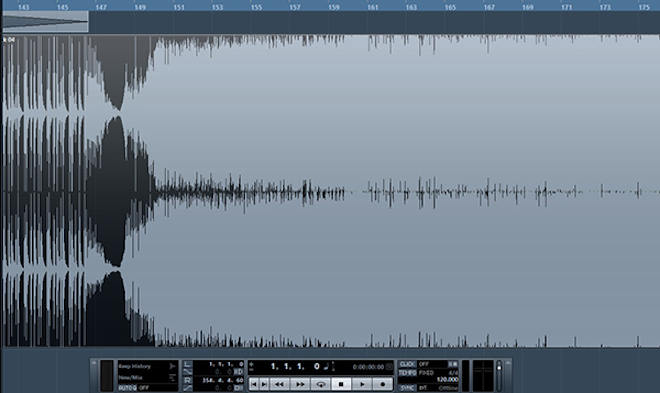
Tech
3 Things Beginning Producers Overdo
Moderation is synonymous with maturity and mastery of a craft. When we first have all the tools we need at our disposal, most of us overuse them. Let’s go over the 3 most common things that get overdone by beginning EDM producers, and share a few guidelines on how to break out of this over-reliance on them.
DOES THIS MAKE ME SOUND FAT?
Bass is a lot like bacon. It lends energy to your mix and makes it feel full, but too much of a good thing will cause it to sound bloated. It’s not a secret that Electronic music fans and producers have a special place in their heart for bass, so we of all people have to put in extra care not to overload our mix with it. The first step to recovery is admitting that you have problem, so know yourself and your own biases. If you’re the kind of person who often uses too much bass, learn to compensate accordingly by turning that low-end knob just a little more than your first instinct says.
Besides simply gritting your teeth and turning down the fader, you can utilize your equalizer to better control the low-end and keep it from hijacking too much headroom. Roll off your bass starting somewhere between 30 and 60 Hz, as many sound systems used by your listeners will hardly touch these frequencies. High quality systems that will use these low sounds can use their own equalizers to bring them back up if so desired by the listener. Also, put some thought into how your bass is interacting with your main other low-frequency sound, the kick drum. If your mix still needs to lose some weight, consider changing the arrangement, using your equalizer, or a side-chain compressor to separate the kick from the bass line in the overall mix.
WIPE OFF THAT MAKE-UP GAIN, YOUNG LADY
If you’ve spent any notable amount of time looking up articles on sound engineering, you’ve likely already been told that you’re using way too much compression and you should be ashamed of yourself. You’re probably sick and tired from reading countless rants about “the loudness war” and how overuse of compression has destroyed the music industry forever. There is some truth to this, but we won’t go into the politics of the music business in this article. Let’s focus on two other things, the fact that everyone agrees that too much compressing is bad, even if they don’t agree on what “too much” is, and how to break a bad habit.
A popular mixing challenge has popped up on more than a few forums on producing, and it’s proven itself to be an effective habit breaker. To kick your addiction to compressors, the challenge is simply to go cold turkey. Take a few weeks (or even months) to practice mixing without touching your compressor or limiter. Doing this forces you to re-evaluate the advantages and disadvantages of compressing. It goes against the grain a bit, since the way to master any other tool is to practice with it, not abandon it. Have confidence that a trial separation with this particular plug-in will teach you more about when it’s necessary and when it’s not.
LOVE IS A ‘VERB
For most of us, the very first time we got our hands on a reverb plug-in, we did little more than play with it. We delighted ourselves with simulating massive church sanctuaries and bathroom stalls. Eventually we learn to moderate ourselves, but if an overuse of this effect is still bogging down your mixes, try this advice: Your listeners don’t need to hear that you used an effect to help flesh out a track, and there’s no reason to fixate on making that effect perceivable. With a few exceptions, treat your reverb like a stage hand at a massive live show, meaning absolutely essential, but completely unnoticed by most of the audience.
If you think you have found the right balance for your reverb, try bypassing the plug-in to check the contrast between the affected and unaffected signals. A strong difference means you probably have the signal too wet, and should dial it back. Also, unless the mix calls for a heavy cathedral sound, raise your low-cut setting to remove boomy, muddy reverberations. If you’re finding your reverb is still too noticeable, consider switching to a short delay effect instead.
